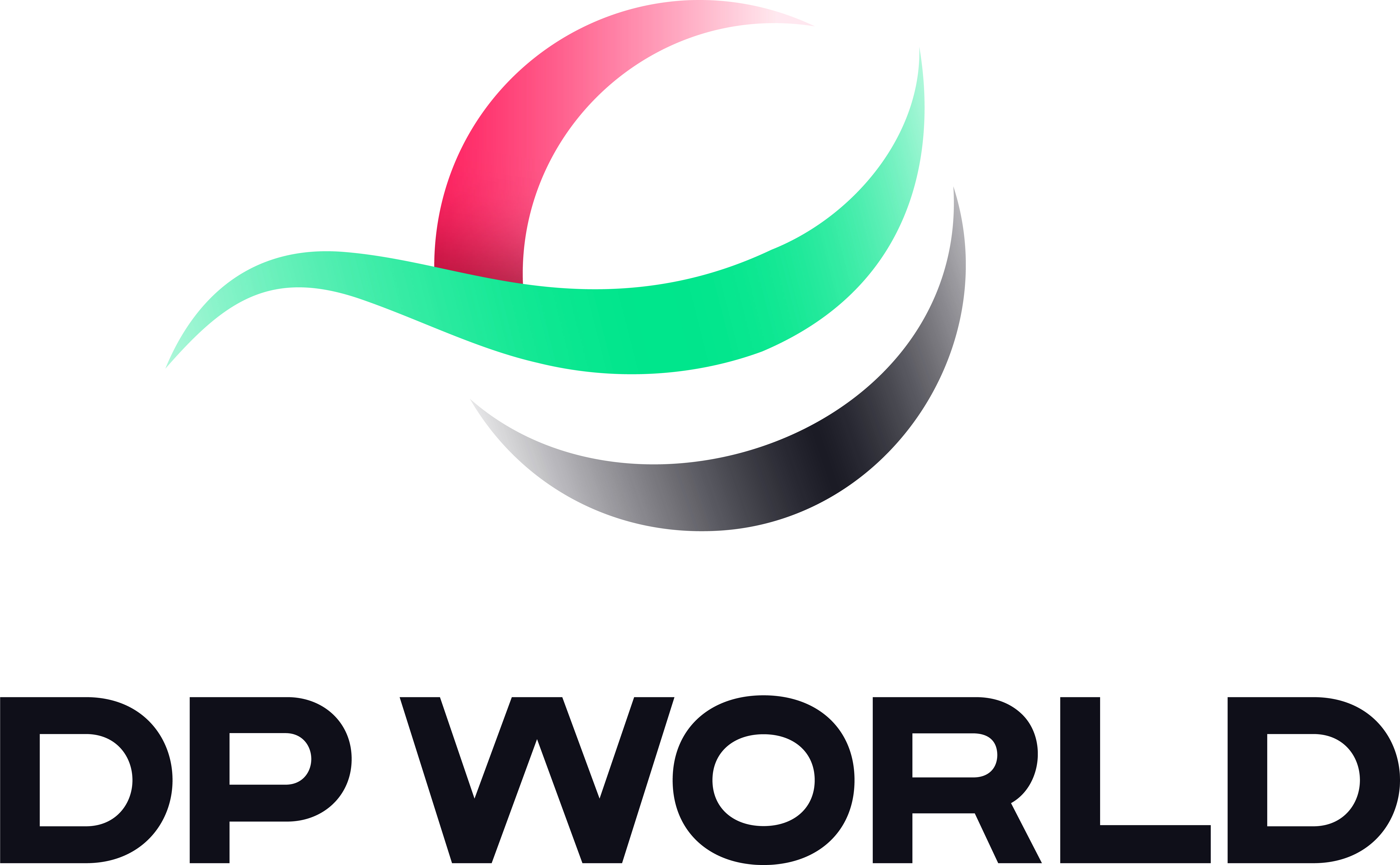DP World's Cars in Containers: A Sustainable Solution for the Growing Automotive Industry
DP World’s innovative car transport solution is making inroads to meet the automotive industry’s needs in the wake of its post-pandemic recovery.

The automotive industry, particularly the electric vehicle (EV) sector, is experiencing unprecedented growth. With vehicle demand at an all-time high, Statista expects global auto sales to exceed 77 million in 2024, signaling a major recovery by more than 13 million units from the market’s pandemic-inflicted slump of 2020.
The global shift towards EVs is another transformative force. According to the International Energy Agency (IEA), nearly 20% of all vehicles sold in 2023 were electric, marking a 35% rise over the previous year. Projections indicate that by 2035 more than one in four vehicles will be electric, representing a market share in excess of 50%.
Surely great news for the automotive industry? If only it were that simple…
Logistics networks, particularly traditional methods like Roll-on/Roll-off (RoRo) vessels and multilevel rail transport, have struggled to keep pace. In a recent interview with Automotive Logistics, Christoph Seitz, Global Vice-President for Finished Vehicles at DP World, describes the situation by saying, “The industry is stuck in a capacity gridlock, with capacity returning slowly,” particularly in North America, where rail shortages have worsened the issue.
Our recent 3BL article explored how manufacturing supply chains are adjusting to meet the EV market’s surging needs. As the global automotive industry continues to rebound, original equipment manufacturers (OEMs) are facing significant challenges around supply chain disruption, increasing consumer demand, and logistical bottlenecks.
In the wake of the pandemic, vulnerabilities in traditional logistics systems—RoRo vessels and multilevel rail transport—became increasingly apparent. Stretched capacity in both methods led to delays and bottlenecks, especially in North America, where multilevel rail shortages caused inefficiencies and rising costs.
DP World’s CiC: A Sustainable, Flexible Alternative
In response, the automotive industry has shifted its logistics strategies, with OEMs seeking solutions that address these challenges while aligning with their long-term environmental goals. In his conversation with Automotive Logistics, DP World’s Seitz shared how the company is revolutionizing the automotive logistics landscape through its “Cars in Containers” (CIC) solution. The initiative has emerged as a pivotal solution, offering a flexible and sustainable alternative to traditional vehicle transport methods.
The CiC initiative leverages 53-foot intermodal containers equipped with secure, reusable racking systems, allowing up to six vehicles to be transported per container. This method bypasses the capacity constraints of RoRo vessels and rail transport.
“CiC is a lifeline for an industry that can’t afford delays,” Seitz told the magazine, emphasizing how this approach addresses logistical challenges while promoting sustainability.
By utilizing reusable racking systems and optimizing container space, DP World reduces the number of trips required, thereby lowering CO2 emissions. Eliminating the need to drive vehicles on and off vessels minimizes emissions even further.
Transforming Logistics with Value-Added Services
In addition to containerization, DP World is transforming its ports and terminals (P&T) network into integrated logistics hubs offering value-added services such as pre-delivery inspection (PDI) and compound management. This strategic shift streamlines the entire logistics process, allowing OEMs to manage their supply chains more efficiently.
DP World’s port-centric logistics model minimizes handling and reduces the risk of damage to vehicles during transit. By integrating CiC operations within its P&T locations, DP World offers a comprehensive approach that enhances cost-efficiency and reduces the need for off-site handling.
North America has been the proving ground for the CiC initiative, particularly amid severe rail car shortages. After successfully implementing the solution for a major OEM in Mexico, DP World demonstrated that transporting vehicles by rail or short sea using containers is both operationally and commercially viable. This early success has generated significant interest from other OEMs, prompting DP World to expand its CiC network globally. “We are now densifying our CiC network across regions,” Seitz said, ensuring the ability to address similar challenges worldwide.
Sustainability and Cost-Efficiency: The Perfect Balance
Efficiency in logistics is not just about speed but also about minimizing environmental impact. DP World’s CiC solution strikes this balance by optimizing container space and using reusable racks, which reduce trips, cut costs, and lower emissions. Although reusable racks may seem more expensive than disposable alternatives, DP World’s extensive rack network provides greater cost-efficiency. “Reusable racks can be as affordable—or even less expensive—than disposable ones,” Seitz notes.
This focus on sustainability and cost-efficiency positions DP World’s CiC solution as a superior alternative to traditional methods. By minimizing waste and reducing the carbon footprint of vehicle logistics, DP World contributes to the automotive industry’s broader environmental goals.
Future of Automotive Logistics: Driving Innovation and Sustainability
Looking ahead, automotive logistics is being shaped by trends such as the rise of electric vehicles (EVs), shifting geopolitical landscapes, and evolving consumer demands. DP World is positioning itself at the forefront of these changes by investing in EV battery capabilities and expanding its logistics network to cover the full EV battery supply chain, from transporting raw materials to recycling. “At DP World, our approach to logistics is deeply integrated with our commitment to leading the industry toward a sustainable future,” Seitz remarked.
As the automotive industry continues to evolve, DP World’s CiC initiative and its investments in battery recycling are helping to shape the next wave of innovation and sustainability in vehicle logistics. Through its focus on ESG principles and a commitment to circular economy practices, DP World is driving the future of automotive logistics—one container at a time.
Learn more about DP World and its finished vehicle logistics offerings, click here. To learn more about how DP World is meeting changing needs in the automotive sector through sustainable innovation, read the full interview with Christoph Seitz in Automotive Logistics.

